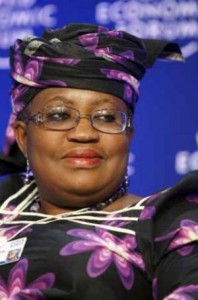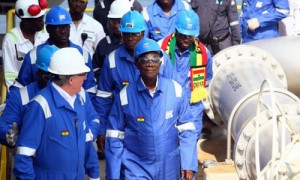BMI View: In line with our expectations, the Banco do Mozambique began nor¬malising monetary policy by cutting the benchmark lending rate by 50 basis points to 16.00% on August I I. We do not believe that the move presages the onset of aggressive easing and reiterate our view that the Mozambican metical’s impressive rally is likely at an end.
In line with our expectations, after a period of tightening which began in April 2010, the Mozambican monetary authorities have begun normalising policy, cutting the bench¬mark Standing Lending Facility interest rate by 50 basis points to 16.00% on August 11. In making the decisión, the bank took consideration of the outlook for inflation, economic growth and ‘important challenges which persist in some sectors’ with ‘signifi- cant weight’ placed on the prospects for eco¬nomic growth. In our previous coverage, we highlighted the fact that a declining rate of credit growth and an increasingly uncertain global economic environment posed risks to both the domestic and external sectors. It is an important point to stress that we do not believe that the move signáis the beginning of a period of aggressive easing. Indeed. the primary objective of monetary policy is price stability, specifically aim- ing to maintain the annual rate of inflation (measured by the rate of change of Maputo city’s consumer price index) in single digits. Maputo’s inflation rate fell to 7.7% in July, down from 9.3% in June and cióse to 17% in December. However, average annual infla¬tion remains at 14.1 % and we do not believe that the Banco do Mocambique (BoM) will contémplate easing in earnest until this measure also falls into single digits. It is also interesting to note that the bank seems to be targeting the cost of borrowing rather than being concerned with aggressively stimu- lating credit growth at this stage. Indeed. along with the rate announcemcnt, the BoM stated that its target for base money at the end of August would be MZN32.5bn. This implies an MI growth rate of 14.2% y-o-y in August, down from 15.4% in July. Slow- ing money supply growth since September 2010, when it peaked at 39.1% y-o-y, has helped to significantly slow the pace of credit growth.





